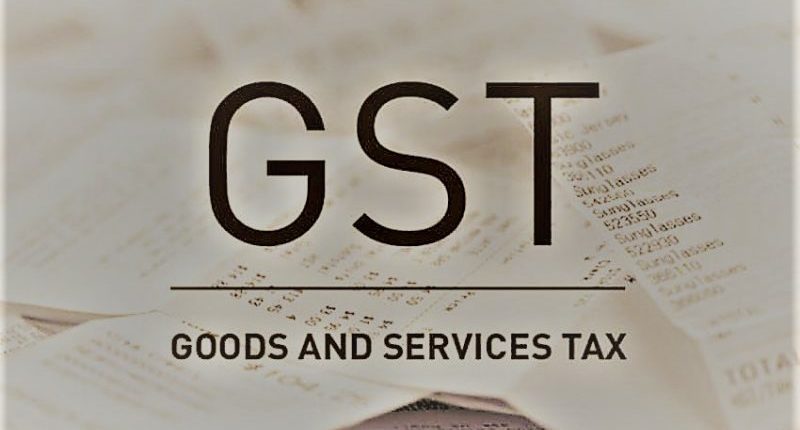The Central Board of Indirect Taxes and Customs (CBIC) has clarified an “Intermediary” scope under the GST law. The CGST Circular number 159/2021 was published on 20th September 2021.
It is the second GST Circular on the same matter, with the first one issued in December 2018. The concept of intermediary was taken from the erstwhile Service Tax law. There is not much difference in this definition between the GST and Service Tax laws, except one. The supply of securities is also a part of the intermediary, as defined by the GST law.
There are six primary requirements listed for classifying a supply as an intermediary service with clarifications, as given below:
- There must be at least three parties involved in the transaction. The intermediary will be the party who mediates or facilitates the main supply of goods or services. The CBIC clarifies that he does not carry out the main supply himself. Therefore, his service is also referred to as the ancillary supply.
- There must be at least two separate supplies in the transaction. One happens to be the main supply, while the other is the ancillary supply. While the main supply occurs between the two principals, the ancillary supply is the facilitation service provided by the intermediary. The CBIC clarifies that a principal who carries out the main supply cannot be an intermediary for the same transaction.
- The intermediary must take the character of an agent or broker. The IGST law defines an intermediary as an agent, broker or other person arranging or facilitating the supply of products or services between two parties or more. It does not include goods or services, or securities that the person sells on his account. It was clarified that the word ‘mean’ does not expand the scope of the intermediary definition to include any other persons. The phrase ‘arranges or facilitates’ implies that the service of intermediary is only supportive.
- The next clarification was on the exclusion of supplier of goods, services or securities on own account. The definition uses the word ‘such’ goods or services or securities. It is clarified that this refers to the main supply only. Hence, where the person supplies on a principal-to-principal basis, he cannot be an intermediary.
- Sub-contracting is not an intermediary service. The main supplier can outsource the main service, wholly or partially, to sub-contrator/s. Such sub-contractors are facilitating the supply and carrying out the main supply of goods or services. The sub-contractor provides the main service on his account to the buyer on behalf of the main supplier.
- Section 13 of the IGST Act gets attracted if either the intermediary or his recipient is located outside India.
Apart from the clarifications, there were four illustrations presented in the Circular as well. Exports are usually zero-rated under the GST law. Hence, it is not liable to tax, whereas intermediaries faced an 18% charge as an exception.
The previously issued Circular has stated that if an Indian arm is set up as a wholly-owned subsidiary company incorporated under the Indian laws, the foreign company and the Indian subsidiary would not be regulated by the GST provisions of a distinct person or related person and both the companies will be separate legal entities. It led to a lot of litigations leaving the taxpayers to lose money and time.
The IT-BPO industry claims that the GST Council’s clarification on a company’s intermediary status will resolve litigation and allow the business to receive multiple refunds that had been held up owing to a misunderstanding about exports being considered an intermediary service.
The current clarification ensures the availability of export status to Indian IT companies’ services provided to the foreign group entities. It will also help resolve any refund issues and clear off the litigations pending before the appellate and judicial authorities.
Nasscom organisation stated that the principles laid down help sectors understand the tax treatment. The trade and industries welcomed the clarification regarding GST on the export status of subsidiary Group companies. It ensures that the captives such as the Global Capability Centres stop facing the risk of a GST levy for exports between the parent and group companies worldwide.
The same was also recommended and clarified at the recently held 45th GST Council meeting. It has now put an end to litigations running from the past four years on this matter.
Join our Telegram channel to keep getting updates on all things finance.
For any clarifications/feedback on the topic, please contact the writer at annapoorna.m@cleartax.in
Annapoorna, popularly known as Anna, is an aspiring Chartered Accountant with a flair for GST. She spends most of her day Singing hymns to the tune of jee-es-tee! Well, not most of her day, just now and then.





